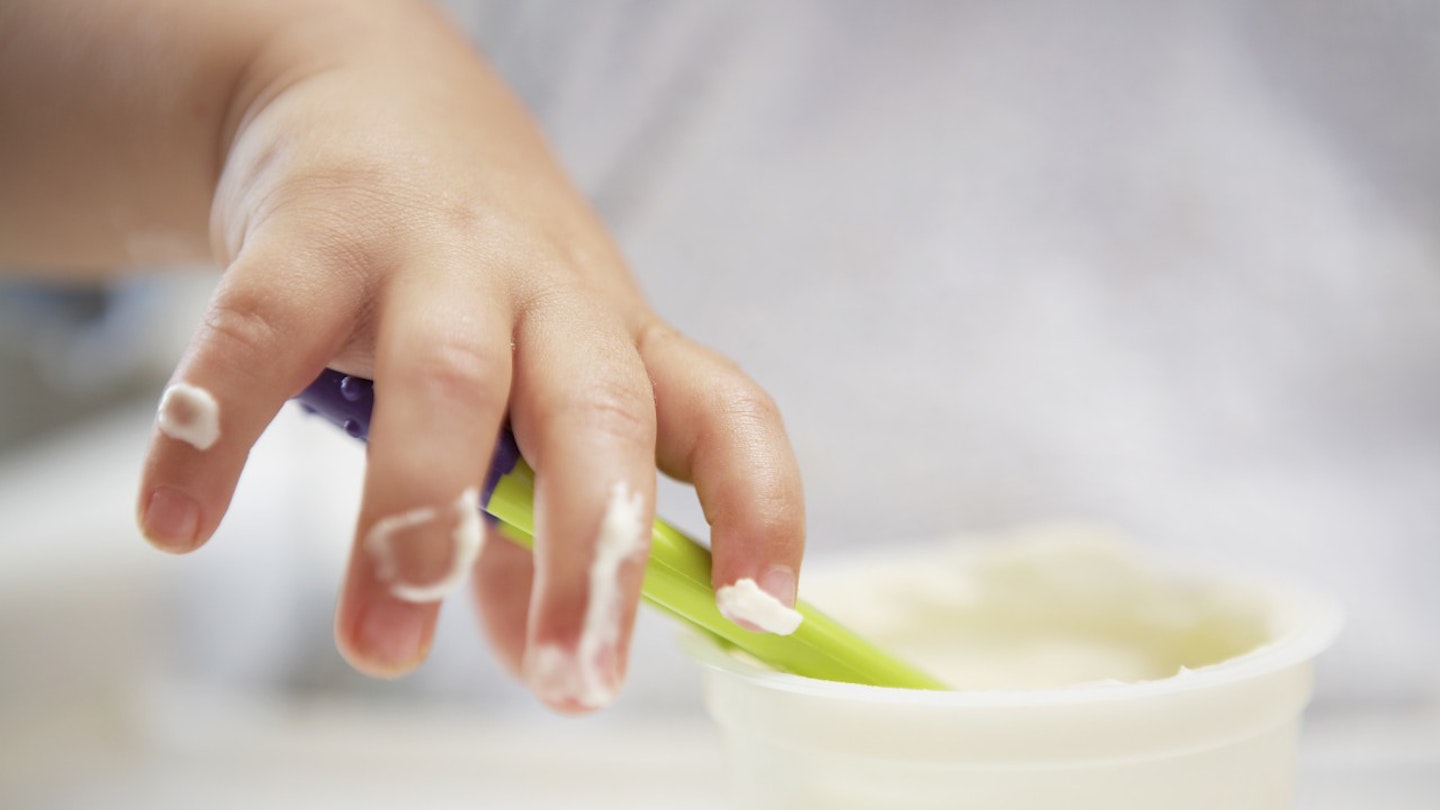Allergies in baby are common complaints which many grow out of eventually. Find out how to learn how to manage a food allergy in the meantime:
What is it?
A food allergy is when your baby’s immune system has a bad reaction to what is usually a harmless food, and tries to fight it by producing an antibody called Immunoglobulin E (IgE). It’s the production of these antibodies that causes the distinct symptoms.
‘It’s thought 5-6 per cent of children under the age of three develop a food allergy in the UK,’ says Dr Carina Venter, an allergy dietitian for the Infant & Toddler Forum. ‘The verdict is still out as to why some people develop food allergies, but we do know that genetic factors play a role.’
Some reactions can be immediate, and quite serious, while others appear a few hours or even days later. In babies and toddlers, foods that are most common are eggs, nuts and a cow's milk allergy. ‘Food intolerances are different to food allergies because they’re not caused by an immune system reaction,’ says Carina. ‘This means they’re not in most cases life threatening, but they can cause uncomfortable symptoms such as bloating and diarrhoea.’
What are the symptoms?
Allergic symptoms can be “immediate” or “delayed” in nature. If your baby or toddler is allergic to a food, the symptoms could appear within two hours. He may go into anaphylactic shock, which causes breathing difficulties, swelling of lips and tongue and wheezing. He may get hives, itchy skin, vomiting and sudden diarrhoea. ‘Your baby may also suffer a more delayed reaction, which can include stomach pain, reflux, bloating and wind,’ says Carina.
Your GP may refer your baby to a paediatrician or allergy clinic. ‘For some food allergies, there are skin prick tests to check levels of antibodies that your body produces during a reaction,’ says Carina. In skin testing, a small amount of extract made from the food is placed on the back or arm.
If a raised bump or small hive develops within 20 minutes, it indicates a possible allergy. ‘Most children are diagnosed by a trial elimination diet, where you’ll be asked to completely avoid the suspect food for a certain time, which is then followed by a food challenge, where the food is introduced back into the diet to check the reaction.’
What can you do?
Thankfully, it’s become easier to manage food allergies and intolerances due to food labelling and the wide-range of “free-from” products now available.
Your child may grow out of his allergy, but it can depend on what he’s allergic to. It’s more common to outgrow a cow's milk and egg allergy than it is to outgrow a peanut allergy.
When to see your GP
If your baby has any immediate reactions to food. ‘This is especially the case if your baby or toddler has an anaphylactic shock,’ says Carina. Bad cases of diarrhoea and vomiting should also be looked into, so go straight to your GP if this happens.
